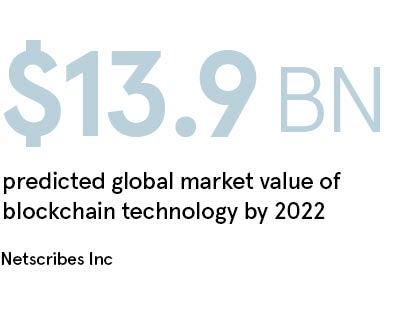Alleged misuse of intellectual property (IP), both information and inventions, has been making headlines worldwide. With the data scandal engulfing Facebook and Cambridge Analytica, and accusations of IP theft cited as reasons for US tariffs, the issue and IP more generally cannot be ignored.
IP is pervasive in every business. It underpins the monetisation of technology and data. It is increasingly driving business valuations, becoming a corporate’s most valuable asset. Yet many businesses downplay it, lacking a proper strategy. This needs to change.
 Even though some executives see IP as essential to strategy, in many businesses education and awareness need to spread into the boardroom, and run throughout entire organisations.
Even though some executives see IP as essential to strategy, in many businesses education and awareness need to spread into the boardroom, and run throughout entire organisations.
“Your employees are IP powerhouses, using and generating it on a daily basis. It’s critical for that IP to be captured, managed and protected,” says Stephen Reese, partner at law firm Clifford Chance, which offers international cross-sector expertise in the area. “There has to be a proper understanding of the strategic use and value of IP, and the process around its capture, enforcement and exploitation.”
Businesses that have traditionally been dependent on inventions have led the way. “Twenty years ago, general counsels would typically have been M&A or corporate lawyers, but now we’re seeing IP specialists in that role,” he says. “Such firms are very active in protecting and using their IP assets, not least the pharma and high-tech giants that have successfully instilled it into their culture.”
The high-tech and life sciences community invests heavily in IP strategy, driven by development expense, risk and a fast, competitive environment. Other sectors, however, now increasingly see the importance of investment as their businesses adapt with technology.
“The financial sector has already been impacted by the adoption of disruptive technology, such as blockchain and distributed ledgers,” says Mr Reese. “If a bank’s new system infringes IP, it could have devastating consequences. The integrated global nature of these businesses means that a patent injunction in one country could, depending on the blockchain system’s hierarchy, interrupt a bank’s payment system everywhere.” In the last two years, banks have rapidly expanded patent filing around these distributed ledgers.
The growing importance of artificial intelligence (AI) is also prompting IP strategy transformation. Existing efforts attempt to protect AI systems and their design, but when the systems start to invent and self-develop products, there will be questions around who owns the output and whether it qualifies for IP protection.
Meanwhile, with the relentless growth of big data, rights to and ownership of information are more important than ever. But while Europe’s new GDPR regulations protect privacy and use of personal data, there are questions around broader information analysed by businesses to drive advantage. “Organisations need to know who owns those data pools, and equally what that means for acquiring, protecting and using them,” says Mr Reese.
Legislation continues to adapt, often out of necessity. “IP law around protection and exploitation of data will develop in the near term, as a consequence of the investment and value businesses ascribe to it,” Mr Reese predicts. “The growth of analytics and data-dependent business models is already driving creative exploitation strategies, and law will develop in this area.”
In terms of new technology, IP strategies are not always focused on a protectionist approach; they can be used to promote adoption. Companies therefore need to decide what they want to achieve. Mr Reese notes: “In some cases, products simply must have exclusive protection, while in others it is better to license or open up access to platforms to attract adoption.”
Getting IP strategies right is complex. But businesses increasingly appreciate that correctly identifying and managing IP rights is essential to establishing long-term profitability, competitiveness and reputation.

